This study by Tereza Plíštilová and Zuzana Lizcová explores how German media responded to Israel’s strategic narratives during Russia’s 2022 invasion of Ukraine. While narratives linked to Holocaust remembrance were accepted, Israel’s democratic identity and security concerns faced skepticism. Media receptiveness improved when Israel engaged diplomatically, highlighting the role of historical ties and proactive diplomacy in shaping narrative adoption.
New publication: Elite-public gaps in attitudes towards Israel and the Israeli-Palestinian conflict
We conducted a survey of Czech citizens and members of parliament on attitudes towards Israel and the Israeli-Palestinian conflict. The results show that parliamentarians are more supportive of pro-Israel policies, blame Palestinians more for the conflict and view Czech-Israel relations more positively than the general population. Our findings provide the first empirical evidence of a gap between elite and public attitudes towards Israel, contributing to debates on foreign policy preferences.
PRCP Policy Brief #025
Tereza Plíštilová’s new policy paper describes the impact of public protests against the Israeli-Palestinian Conflict, especially in the light of student demonstrations in several cities accross the US and Europe. She emphasizes the significant shift of Western public attitudes on the conflict and explains how the public-elite divide of opinion should be addressed.
New Report: Czech Public and Israel 2023–2024
We are happy to publish the new report called Czech People and Israel 2023-2024 in collaboration with the Herzl Center for Israeli Studies!
The report compares public opinion surveys from January 2023 and January 2024, as well as a survey of political elites at the turn of 2022-2023. Key findings reveal a notable increase in Czech public’s rise in support for recognizing Palestine as an independent state, alongside a distinct polarization in opinions regarding the responsibilities in the conflict.
